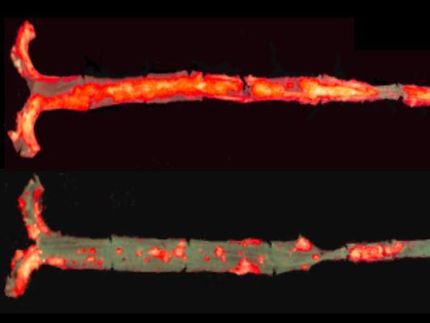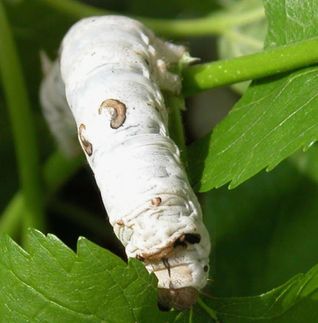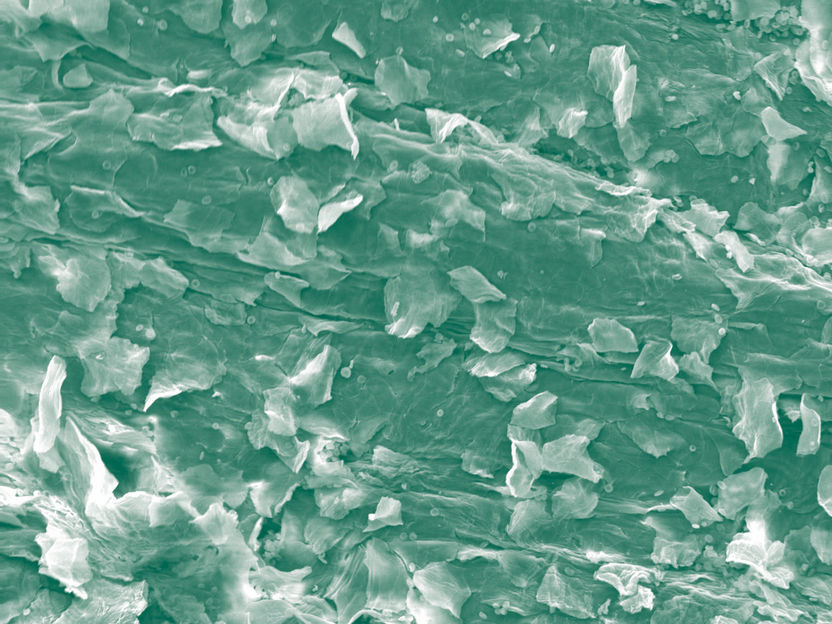Xenova Group plc: Positive Results from TA-CD Cocaine Vaccine Trial Presented at CPDD Meeting
Slough, UK. Xenova Group plc announced the presentation of results of two dose escalation phase II studies of TA-CD, a vaccine being developed for the treatment of cocaine addiction, at the College on Problems of Drug Dependence 66th Annual Scientific Meeting in Puerto Rico, June 12-17. Presented by Dr Bridget Martell, the trials were carried out by Professor Thomas Kosten and his team at Yale University School of medicine.
The two open-labelled, dose-escalation studies carried out on an out-patient basis, evaluated safety, immunogenicity and clinical efficacy of TA-CD in a total of 22 cocaine users. One of the two studies comprised nine cocaine dependent subjects receiving the TA-CD vaccine and assessed for relapse prevention; these subjects were required to have been free of cocaine use for the two weeks prior to entering the study. The second study included 13 cocaine dependent subjects for abstinence initiation, who were not required to have negative urine cocaine tests prior to enrolment.
Subjects received between three 100 mcg doses and five 400 mcg doses of the TA-CD vaccine (up to 2000 mcg in total). TA-CD was well tolerated in the 20 subjects who completed the two studies.
Results from both studies showed that the maximum mean antibody response occurred between 70 and 90 days post vaccination with specific cocaine antibodies persisting for at least six months. Eight subjects also received a booster 15-18 months post vaccination with TA-CD, all of whom showed increased levels of antibodies two to four weeks later.
Three quarters (75%) of the relapse prevention study group maintained abstinence from cocaine use during the 12-week study duration with 100% relapsing after 12 months when antibody levels had dropped.
In the abstinence initiation study group, 58% achieved and maintained abstinence during the 12-week study and 42% continued to be cocaine free after six months.
The authors additionally reported that the likelihood of using cocaine decreased in those subjects who received a more intense vaccination schedule and as a result were observed to produce higher levels of anti-cocaine antibodies. 88% of subjects in one study and 63% of subjects in the other, who relapsed within six months, reported a reduction in the euphoric effects of cocaine.
Bridget Martell, MD, MA, Associate Research Scientist at Yale University and involved in the TA-CD trials said, "Cocaine dependent users have a serious need for assistance with achieving and maintaining abstinence. We are impressed with these results which, although on a comparatively small number of subjects, are particularly significant as a number of addicts receiving the TA-CD vaccine were able to remain abstinent during the study periods."
David Oxlade, Chief Executive Officer of Xenova said, "These very encouraging results give a strong indication of proof of concept for the TA-CD cocaine vaccine and further validate its potential in assisting cocaine addicts to achieve abstinence."
This study was supported by the US National Institute of Drug Abuse (NIDA). NIDA has also supported earlier clinical work on TA-CD. NIDA has no rights to the commercialisation of TA-CD nor is funding required to be repaid by Xenova.
Other news from the department science
Most read news
More news from our other portals
See the theme worlds for related content
Topic world Antibodies
Antibodies are specialized molecules of our immune system that can specifically recognize and neutralize pathogens or foreign substances. Antibody research in biotech and pharma has recognized this natural defense potential and is working intensively to make it therapeutically useful. From monoclonal antibodies used against cancer or autoimmune diseases to antibody-drug conjugates that specifically transport drugs to disease cells - the possibilities are enormous

Topic world Antibodies
Antibodies are specialized molecules of our immune system that can specifically recognize and neutralize pathogens or foreign substances. Antibody research in biotech and pharma has recognized this natural defense potential and is working intensively to make it therapeutically useful. From monoclonal antibodies used against cancer or autoimmune diseases to antibody-drug conjugates that specifically transport drugs to disease cells - the possibilities are enormous
























































